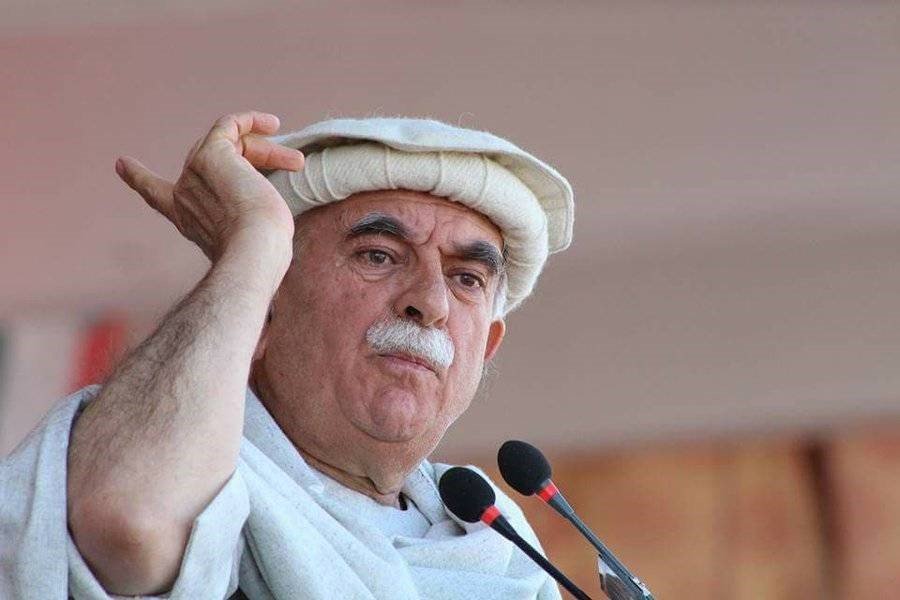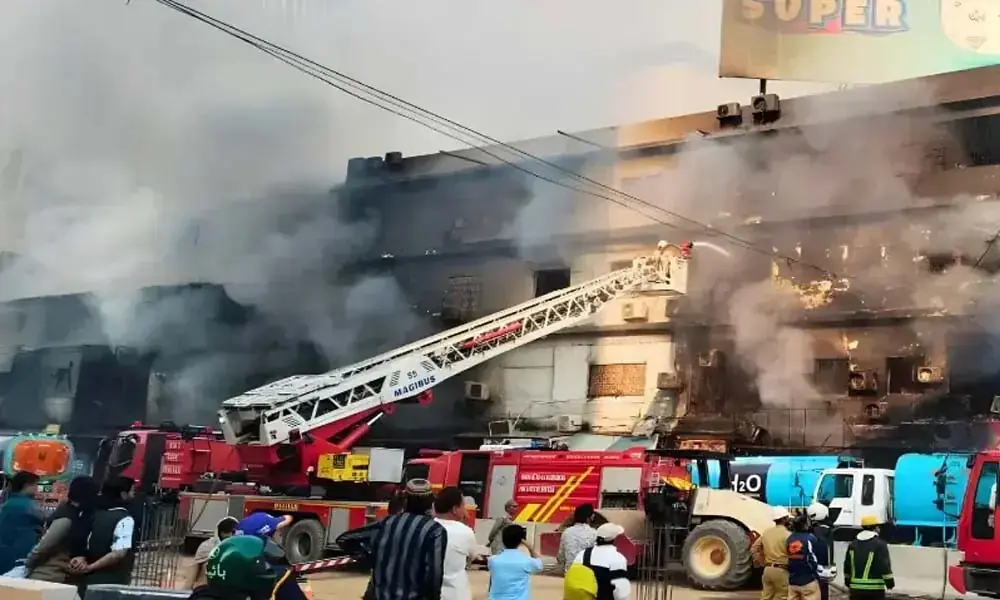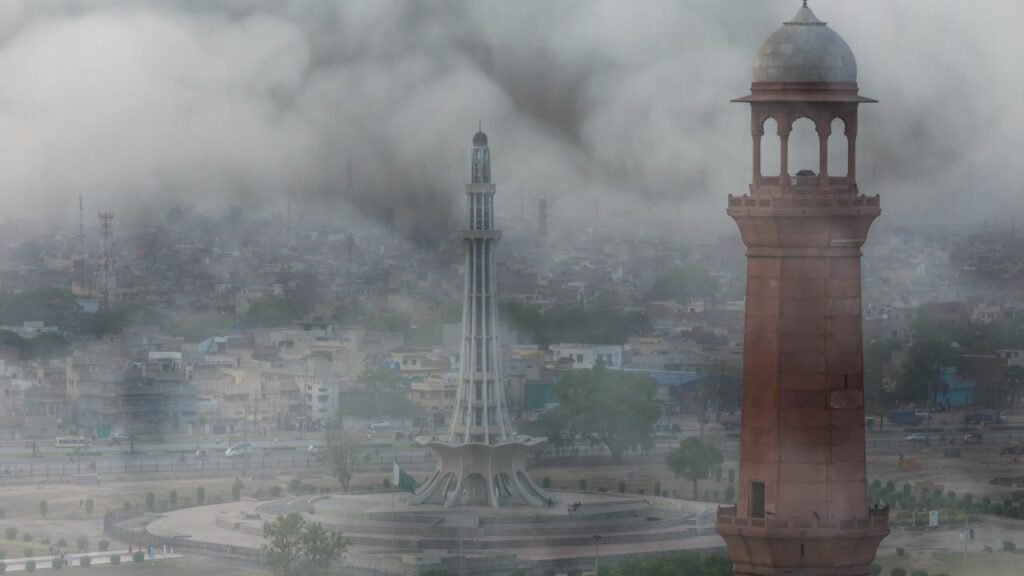Tariq Mahmood Awan
Language, literature, and culture are vitally important for a nation as they form the bedrock of its identity, heritage, and values. They constitute the collective expression of a society’s experiences, beliefs, and traditions, serving as a medium through which people communicate, connect, and understand each other. Language is not simply a tool for communication; it encapsulates the unique worldview and history of a community, shaping and defining its identity. Similarly, literature preserves culture’s narratives, wisdom, and artistic expressions, reflecting the richness and depth of human experiences across generations. Culture, encompassing customs, rituals, and creative practices, embodies the ways of life and shared heritage of a society.
Preserving language, literature, and culture is critical for several reasons. Firstly, they are essential for fostering individuals’ sense of belonging and identity. Language, as the primary means of communication, is crucial for maintaining a strong sense of community and connections among people. It enables individuals to express their thoughts, emotions, and experiences in ways that resonate deeply within their cultural context. Similarly, literature provides a repository of collective wisdom and creativity, offering insights into a society’s values, struggles, and aspirations. Preserving culture ensures that traditions, practices, and artistic expressions are passed down through generations, anchoring individuals in a shared legacy and providing a sense of continuity and belonging.
Secondly, language, literature, and culture are fundamental for understanding and appreciating diverse perspectives. They offer unique insights into the human experience, broadening our understanding of different societies, histories, and worldviews. By preserving diverse languages, literature, and cultural practices, societies enrich their collective knowledge of humanity, fostering empathy, tolerance, and cross-cultural dialogue. Moreover, preserving linguistic and cultural diversity is crucial for combating homogenization and ensuring all voices and narratives are valued and celebrated.
Furthermore, language, literature, and culture are pivotal in advancing knowledge, innovation, and creativity. They serve as wellsprings of inspiration for artistic and intellectual endeavours, fueling creativity and critical thinking. By preserving and promoting cultural heritage, societies can draw upon a rich tapestry of ideas, narratives, and artistic expressions, fostering innovation and originality. Language and literature also function as vehicles for transmitting knowledge, allowing societies to accumulate and transmit wisdom, scientific advancements, and scholarly achievements across generations.
Preserving language, literature, and culture is critical for nurturing identity, fostering understanding and empathy, and driving creativity and innovation. By embracing and safeguarding these aspects of human expression and heritage, nations can create a more inclusive, vibrant, and enriched society that celebrates the diversity and complexity of the human experience.
Pakistan inherited the Indus civilization, so our cultural and literary history is remarkable. Furthermore, we are an old civilization and, therefore, possess a unique history. This makes it essential for us to preserve our unique history and culture. Yes, there have been divisions based on religions and faiths; however, the unique history, culture, and heritage are shared by all those who live here and are sons of the soil. Therefore, in line with the spirit of preserving the culture, language, and script, the fundamental rights enshrined in the constitution of Pakistan ensure that Pakistan’s unique history is maintained as a national trust and obligation. Preserving history has always been a national pride for nations.
Pl subscribe to the YouTube channel of republicpolicy.com
Article 28 of the Constitution of Pakistan focuses on preserving language, script, and culture. It states that any section of Pakistani citizens having a distinct language, script, or culture shall have the right to preserve and promote it. This article also ensures that these sections of citizens can establish institutions to protect and promote their language, script, or culture, as long as it is within the bounds of the law.
This article plays a crucial role in upholding the cultural and linguistic diversity within Pakistan. It ensures that diverse linguistic and cultural groups have the freedom to maintain and celebrate their identity without fear of suppression.
Article 28 is significant because it recognizes and protects the rights of minority linguistic and cultural groups within the country. It emphasizes the importance of cultural and linguistic diversity and empowers these groups, ensuring they can maintain and celebrate their unique identities without fear of suppression. This empowerment is a fundamental aspect of the nation’s identity.
Article 28 contributes significantly to fostering a more inclusive and pluralistic society in Pakistan by guaranteeing the preservation and promotion of distinct languages, scripts, and cultures. It acknowledges the integral role of cultural and linguistic diversity in the country’s social fabric and promotes an environment where all citizens can express and celebrate their unique identities. This emphasis on inclusivity is a beacon of hope for a harmonious future.
Furthermore, Article 28 reflects the constitutional solid commitment to upholding fundamental human rights, including the right to preserve one’s language and culture. It safeguards against the marginalization of minority groups and demonstrates the state’s unwavering obligation to protect and promote cultural and linguistic pluralism. This commitment should reassure all citizens of their rights and the state’s dedication to upholding them.
Hence, Article 28 of the Constitution of Pakistan is a testament to the country’s commitment to embracing and safeguarding its rich cultural and linguistic heritage. It underscores the importance of respecting and nurturing the diversity within the nation and contributes to building a more inclusive and harmonious society.















